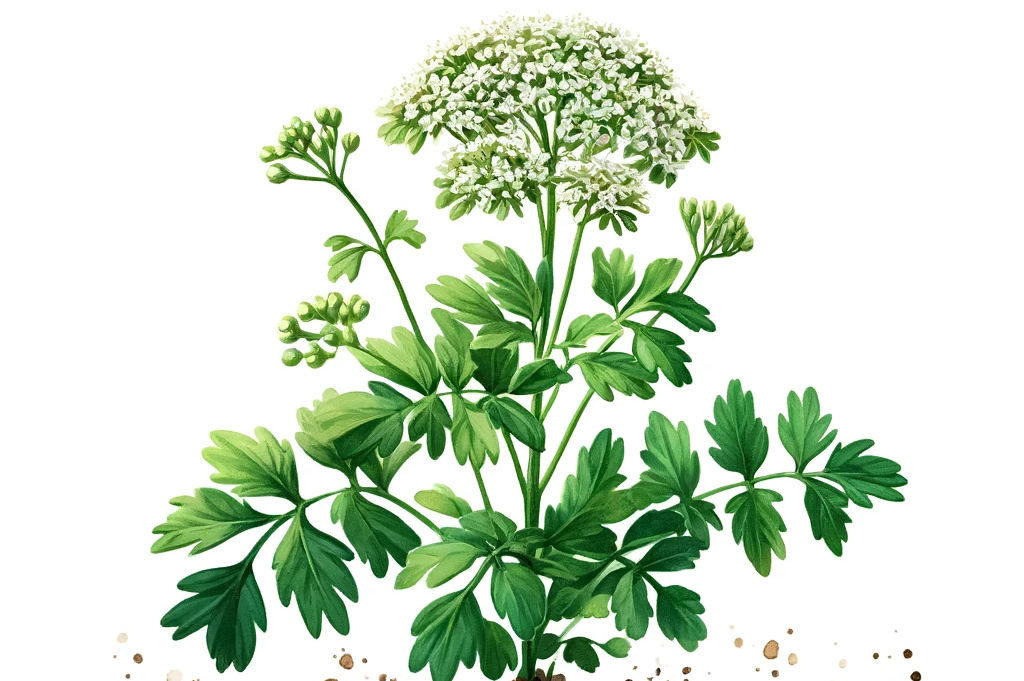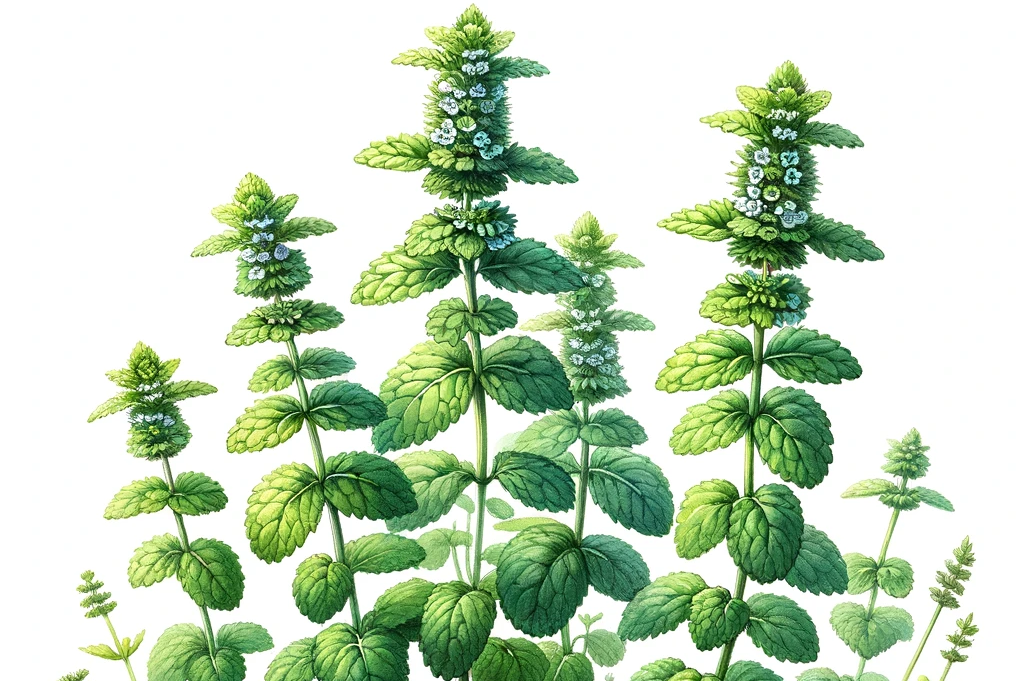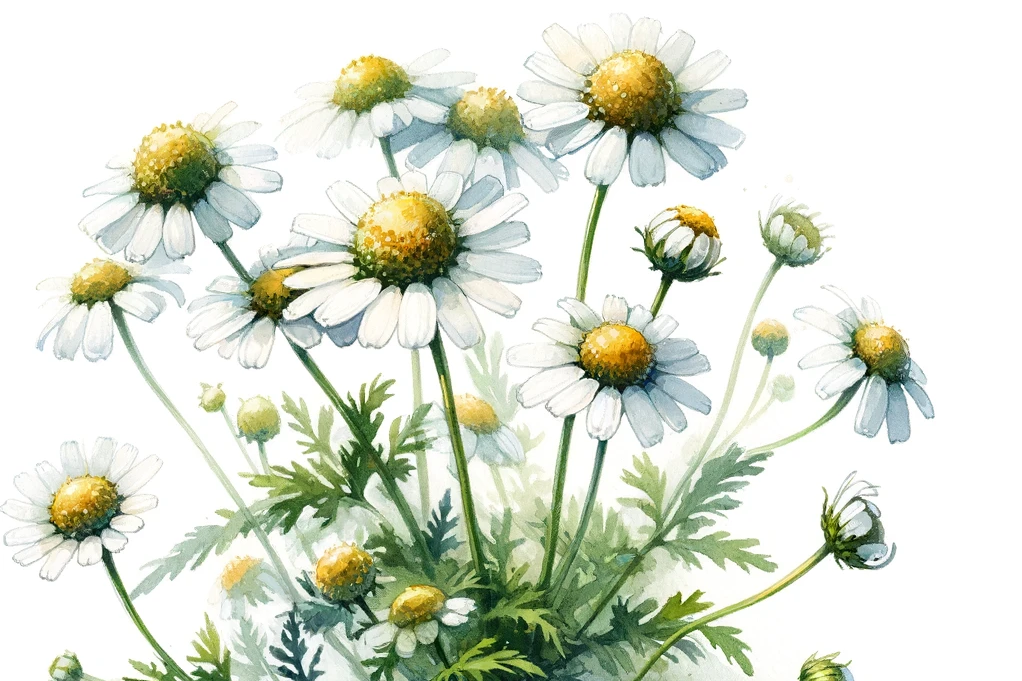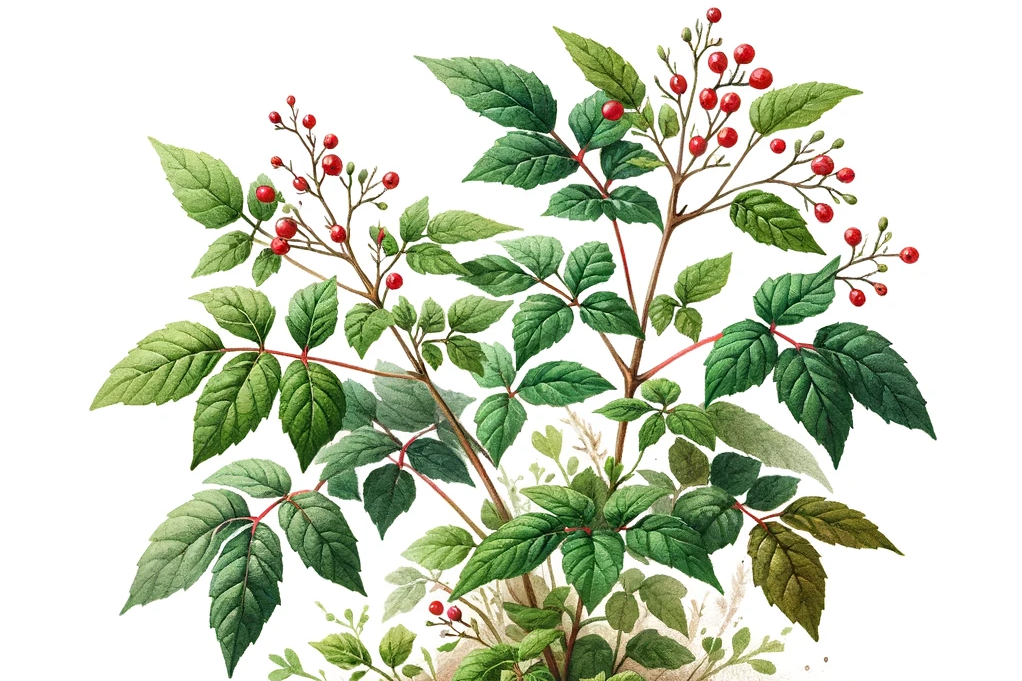Passion flower
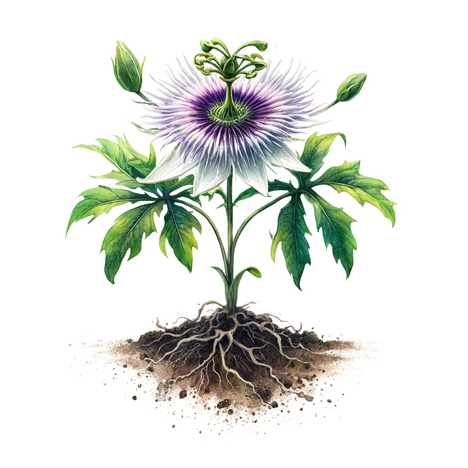
What is passionflower?
Passionflower (Passiflora) is a genus of around 500 different species of climbing plants that are mainly found in South and Central America, but also in Asia and Australia. The plants usually have large, colorful flowers with a characteristic wreath of filaments in the middle. The name passion flower comes from the Spanish missionaries, who saw the flowers as a symbolic representation of the Passion of Christ.
Passion flower has been used as a medicinal plant by the indigenous peoples of America for centuries. The leaves, flowers and fruits contain various ingredients that have a calming, relaxing and pain-relieving effect. The most important active ingredients include flavonoids, harmane alkaloids and maltol.
How does passionflower work in dogs?
Passionflower can have a calming effect on the nervous system in dogs in a similar way to humans. It can help to alleviate anxiety, stress, restlessness and sleep problems. Passionflower can also have an antispasmodic effect and thus reduce gastrointestinal complaints or muscle tension. Passionflower can also promote blood circulation and strengthen the immune system.
How can passionflower be used for dogs?
Passionflower can be administered to dogs in various forms. The most common are
- Tea: Pour a teaspoon of dried passion flower petals over a cup of boiling water and leave the tea to infuse for about 10 minutes. Then allow the tea to cool and give it to the dog to drink or mix it into its food. The dosage depends on the dog's weight, but a general recommendation is about one cup of tea per 10 kg of body weight per day.
- Tincture: A few drops of an alcoholic or non-alcoholic passionflower tincture can be put directly into the dog's mouth or mixed into the food. The dosage also depends on the dog's weight, but a general recommendation is about 0.5 ml of tincture per 10 kg of body weight per day.
- Tablets or capsules: The dog is given an appropriate amount of passionflower preparation in tablet or capsule form. The dosage depends on the concentration of the product and the manufacturer's instructions.
What are the benefits of passionflower for dogs?
The benefits of passionflower for dogs are:
- It is a natural alternative to synthetic sedatives or painkillers.
- It has little or no side effects when used correctly.
- It can improve the quality of life of dogs suffering from chronic stress, anxiety or pain.
- It can enhance the bond between dog and owner by making the dog more relaxed and approachable.
What are the disadvantages of passionflower for dogs?
The disadvantages of passionflower for dogs are:
- It is not suitable for all dogs. Some dogs may be allergic or intolerant to passionflower. In addition, passionflower should not be used in pregnant or nursing bitches, puppies or dogs with liver or kidney problems.
- It can influence the effect of other medications. Passionflower can strengthen or weaken the effect of tranquilizers, antidepressants, antihypertensives or blood thinners. You should therefore always consult a vet before combining passionflower with other medications.
- It can lead to an overdose. Giving too much passionflower or using it too often can lead to undesirable effects such as drowsiness, dizziness, incoordination or vomiting. You should therefore always adhere to the recommended dosage and pay attention to your dog's reaction.
Passionflower is a medicinal plant that can have a calming and pain-relieving effect on dogs. It can be a natural alternative to synthetic medication, but it is not suitable for all dogs and must be used with caution.
Properties 14
Are you looking for other ingredients with a specific property?
Just click on them to find more.
If you notice any signs of hypersensitivity or poisoning in your dog, you should see your vet immediately. We are not a substitute for a vet, but we try to be as accurate as possible. Every dog reacts differently and we recommend you get a second opinion or consult your vet if in doubt.
Stay healthy and take good care of your four-legged friend!😊
Similar to Passion flower
Valerian is a perennial shrub that can grow up to two meters high. It has white or pink flowers and long roots that give off the typical smell of the plant. The roots contain various substances that...
Lemon balm is a perennial plant that can grow up to one meter high. It has green, toothed leaves and small white or pink flowers. The plant originates from the Mediterranean region and now grows in...
Chamomile is a plant from the composite family that is mainly found in Europe, Asia and Africa. It has white flowers with a yellow center that exude a pleasant fragrance. The flowers are dried and...
Sleepberry, or ashwagandha, is a plant native to the arid regions of India, the Middle East and parts of Africa. It is known for its robust properties and has been used in traditional Indian...
